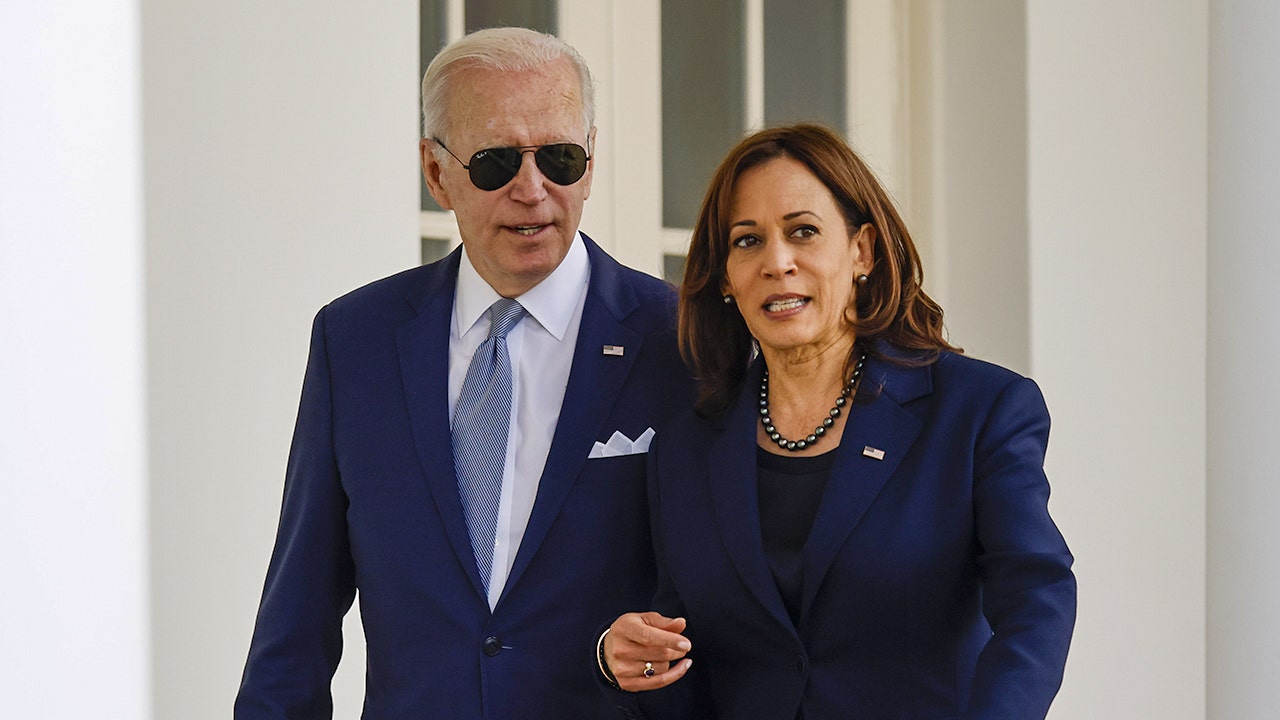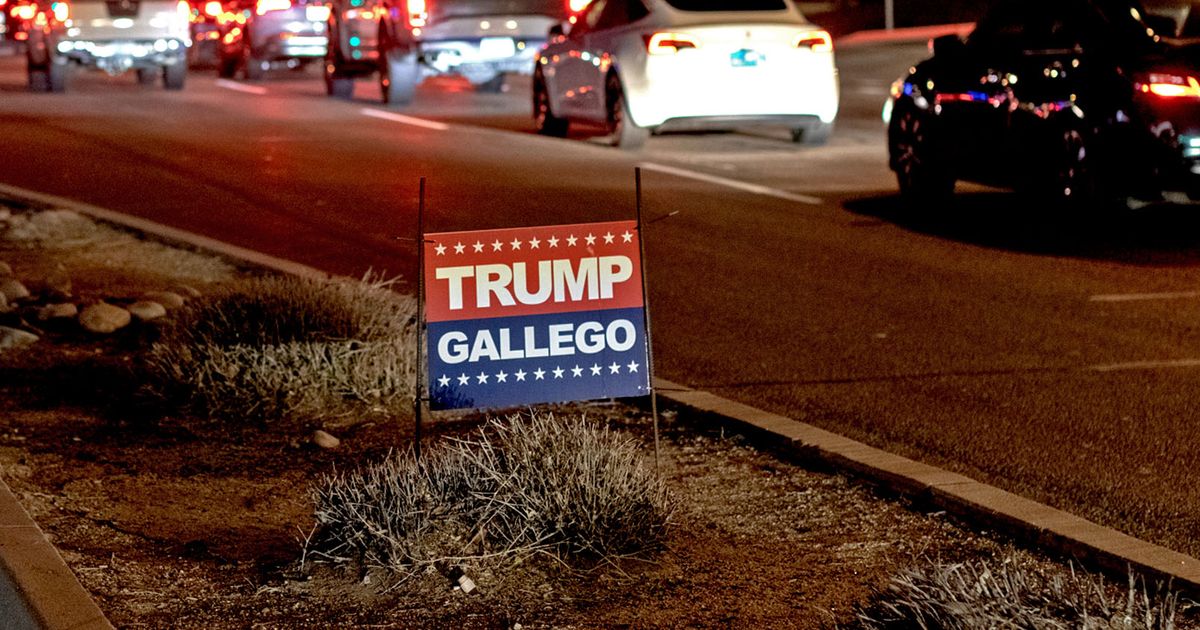Ahead of the 2024 presidential election, one of the hot topics of then-candidate Donald Trump’s campaign was tariffs on foreign imports. Along the campaign trail, Trump defended the potential tariffs as means to curb illegal immigration and drug trafficking, and boost the production of American goods. His plans — which would hike prices from production plants to grocery store aisles — sent foreboding shockwaves of uncertainty and fear to consumers, retailers, and foreign producers alike. Now that President Trump is in office, those anxieties have become reality.
At an Oval Office signing ceremony on January 20, 2025, Trump reaffirmed his plans to impose a 25% tariff on all imported goods from Mexico and Canada and projected for them to go into effect on February 1. Mexico is among the top-three U.S. trading partners — in 2024, the U.S. imported $475 billion in Mexican products.
Imposing a tariff of 25% on all Mexican goods would cause sharp cost hikes to trickle down the consumer chain. The tariffs would force Mexican producers to increase their prices to compensate for the tax, and retailers importing those goods would need to also increase their prices to account for the cost of more expensive goods. The last peg of the chain — consumers — would be the ones absorbing the hiked costs, forcing American shopping habits to drastically shift. Here are the products at risk.
Read more: The Top 14 Fast Food Value Menus, Ranked
Avocados Are Likely To Spike In Price
Shopper inspects an avocado at a grocery store – D3sign/Getty Images
Avocados have undoubtedly become a staple in the American diet. As a result of growing interest in — and appreciation for — Mexican cuisine over the past decade (which has also spawned food fads like avocado toast), many Americans rely on the Mexican fruit for daily meals.
Some countries have considered bringing production to the U.S. to avoid tariff costs, but Mexico’s climate allows avocados to grow throughout the year. Though some states are able to grow avocados, such as Hawaii and California, the Department of Agriculture reports that around 90% of avocados consumed in the U.S. are imported from Mexico. In recent years, the U.S. has imported around 2.4 billion pounds of Mexican avocados per year — and, in 2024, Americans imported $3.1 billion worth of avocados.
Though avocado prices have risen in the past, Trump’s potential tariffs would cause avocado costs to continue to climb. Uncertainty about exact price jumps remains, but considering the sheer amount of money spent on imported avocados from Mexico, a 25% tariff could trigger farmers and retailers to hike their prices to account for the tariffs. Alternatively, grocery stores may stop purchasing avocados altogether, stripping shoppers of a produce that has become ingrained in the American diet.
Beer May No Longer Be An Affordable Choice

Six-packs of Corona beer on display in a store – 8th.creator/Shutterstock
Although top-selling American beers are among some of the world’s most popular brews, Mexican beer has started to dominate American beer consumption. In years past, Bud Light reigned supreme as the most-bought beer in the U.S., but in 2023, buyers shifted toward Modelo. Modelo is owned by Constellation Brands; the parent company of Corona and Pacifico which are also popular in America. All three of these beer brands are imported from Mexico.
Like the future of avocados, the forthcoming situation involving Mexican-imported beer is still uncertain, but many suspect Constellation Brands will increase the prices for its beers to account for the additional taxes. Bank analysts project a 16% increase in cost for the goods from Constellation Brands, which would be a result of incremental hiked prices down the consumer chain. USDA data shows that the U.S. imported $5.9 billion in beer from Mexico, in 2024, demonstrating the product’s popularity among American consumers.
Tequila Costs Could Skyrocket

Tequila farmer stands in front of agave plants – Jose de Jesus Churion Del/Shutterstock
Another Mexican export commonly found in American liquor stores and on bar carts is tequila. The U.S. imported $4.5 billion in tequila in 2023, which accounts for nearly half of the total amount of imported spirits that year. In 2024, Americans took in $5 billion worth of imported Mexican distilled spirits, of which tequila is most likely the overwhelming majority.
Constellation Brands — the parent company of popular Mexican beers — also owns Casa Noble and Mi Campo, two common tequila choices among American consumers. Following suit with its beer brands, bank analysts suspect the company will increase the price point for retailers to 4.5%. In turn, in order to match those costs while still making money, retailers would need to increase prices for the products by around 16%. Or, retailers may entirely strike tequila and other Mexican distilled spirits from the shelves entirely to avoid having to pay more and, consequently, hike prices for consumers.
Other Products At Risk Under New Tariffs

A shopper’s perspective of a grocery store aisle – Isabel Pavia/Getty Images
In addition to Mexican-specific products, there are other products often imported from Mexico that would experience increased prices due to the potential tariffs. USA Today reports that other popular kitchen items could be at risk, such as kitchenware like paper plates and napkins; produce like onions, lettuce, and tomatoes; protein like fish, seafood, and meats; and flavorings like condiments, sugar, and spices. Other products subject to hiked prices are coffee, tea, cereal, fruit juices, dairy products, eggs, and honey.
Shoppers with limited financial resources — and the grocery stores aimed at serving them — are most vulnerable under Trump’s tariff plan. Though there is a potential for producers or retailers to soak up the extra prices caused by the taxes, that appears to be unlikely. At the end of the consumer chain, prices would climb substantially, leaving consumers and their bank accounts at the mercy of a tariff war.
For more food and drink goodness, join The Takeout’s newsletter. Get taste tests, food & drink news, deals from your favorite chains, recipes, cooking tips, and more!
Read the original article on The Takeout.












